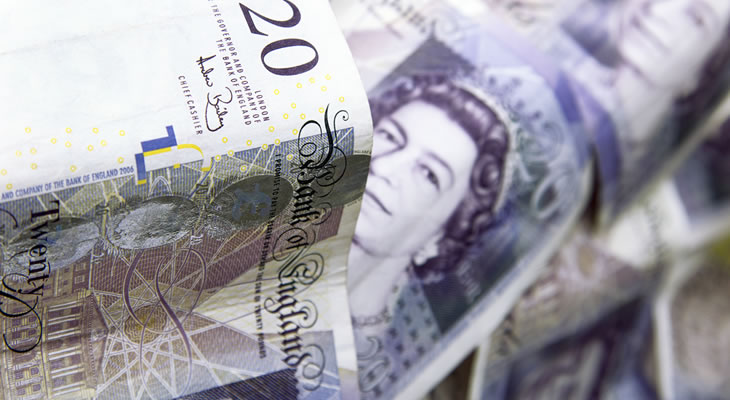The Pound to Euro exchange rate has put in solid gains this week and has recovered most of last week’s losses to trend in the region of 1.17. However, its strength has been largely unrelated to UK data which continues to make Britain’s economic outlook look uncertain.
The primary reason for GBP EUR gains this week has been an increase in political uncertainty within foreign exchange markets.
Since the Brexit vote last year, the Pound has become highly undervalued. As a result, investors have little issue buying into the British currency in times of political uncertainty elsewhere in the world.
The Brexit outlook has also been generally optimistic since the process began at the end of March. Analysts from both Britain and Europe expect negotiations to be largely amicable and for the UK and EU to find a deal that benefits both.
This has left investors perceiving the Pound as being relatively politically stable for the first time in a while. In comparison, upcoming 2017 French Presidential election jitters have left the Euro weak. Meanwhile, geopolitical tensions between the US and North Korea, Syria and Russia have made investors increasingly hungry for currencies with relative political stability this week.
Many analysts have been predicting that the only way for the Pound in the long-term is up.
However, economic concerns remain important to Sterling trade and data in the coming months could weaken the Pound in the mid to long-term.
Since the Brexit vote, the low value of the Pound has caused consumer prices to rise as producers pay more for raw materials and imports, translating to higher prices for high street shoppers.
While UK inflation is up, wage growth is not. Wednesday’s latest UK employment stats revealed that UK wage growth had slowed in the three months leading into February.
As wage growth falls and consumer prices rise, British households will hold back on spending. As Britain’s economy relies heavily on customer-facing businesses for its financial growth, this has led to concerns that Britain’s Gross Domestic Product (GDP) could see a notable slowdown in 2017.
Analysts are split on whether this slowing UK wage growth is an isolated example, or if it will lead to long-term slips. As a result, UK inflation and wage growth stats will remain highly influential for the Pound in the coming months.
Sterling may be benefitting from the recent risk-aversion in markets, but if the 2017 French Presidential election comes and goes and the French public elects a pro-EU leader, the Euro’s long-term outlook will improve substantially.
With the Eurozone’s economic outlook already solid, a strong political outlook for the bloc too will make it much more appealing than the Pound overall this year. GBP EUR investors will certainly be looking ahead to the French election and next month’s UK inflation and wage stats before significantly adjusting forecasts.
At the time of writing this article, the Pound to Euro exchange rate trended in the region of 1.17. The Euro to Pound exchange rate traded at around 0.84.


Comments are closed.